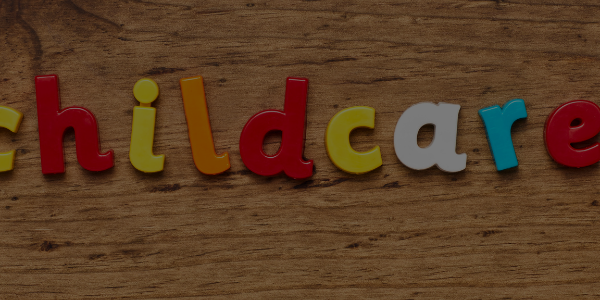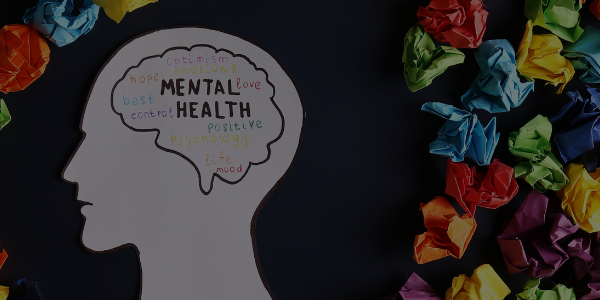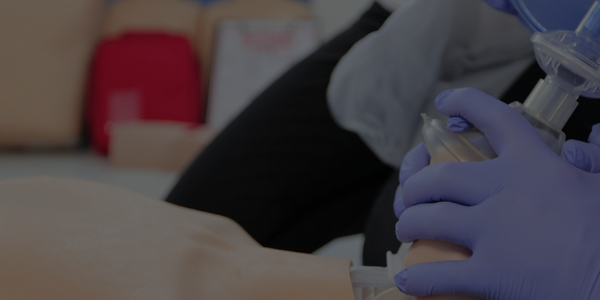What is Concussion?
A concussion is a brain injury caused by a blow to the head or body, a fall, or another injury that jars or shakes the brain inside the skull.
Most concussions do not cause loss of consciousness (being “knocked out”). Concussions are considered a mild form of traumatic brain injury, or TBI.
Most concussions heal completely, but some people may have symptoms that last for days, weeks, or longer.
And If you have a concussion, you may not lose consciousness (pass out), but your brain function may be affected.
In addition, Signs and symptoms of a concussion may show up right after an injury or may not appear or be noticed until hours or days after the injury.
What’s more… A concussion is caused by a blow to the head or body that causes your head and brain to move quickly back and forth.
This sudden movement can cause the brain to bounce around or twist in the skull, creating chemical changes in your brain and sometimes stretching and damaging your brain cells.
In most cases, concussions aren’t life-threatening.
Most people who have had a concussion recover quickly and fully.
But for some people — especially young children and older adults — symptoms may last for days, weeks or longer.
Signs and Symptoms of Concussion
Any one or more of the following signs or symptoms of concussion may be present:
-
Headache or “pressure” in head
-
Nausea or vomiting
-
Balance problems or dizziness, or double or blurry vision
-
Bothered by light or noise
-
Feeling sluggish, hazy, foggy, or groggy
-
Confusion, or concentration or memory problems
-
Just not “feeling right,” or “feeling down
Treatment may include:
- Rest. While the brain is healing, children should avoid things that might cause another bump or jolt to the head. In particular, children should not participate in sports or other activities with a risk of falling, getting hit in the head, or collision with other players until their doctor says it’s OK
- Medicine. Treatment may include medicine for pain and to help with sleep, if needed
Please note that regular First Aid and CPR Training is the best way to make sure that you’re prepare in the case of an emergency. Book a course with us!
Find this article useful? Read more of our blogs here!





